Benefits Of Charcoal Soap For Skin
Learn why charcoal became a beauty trend, and enjoy its many skin benefits.
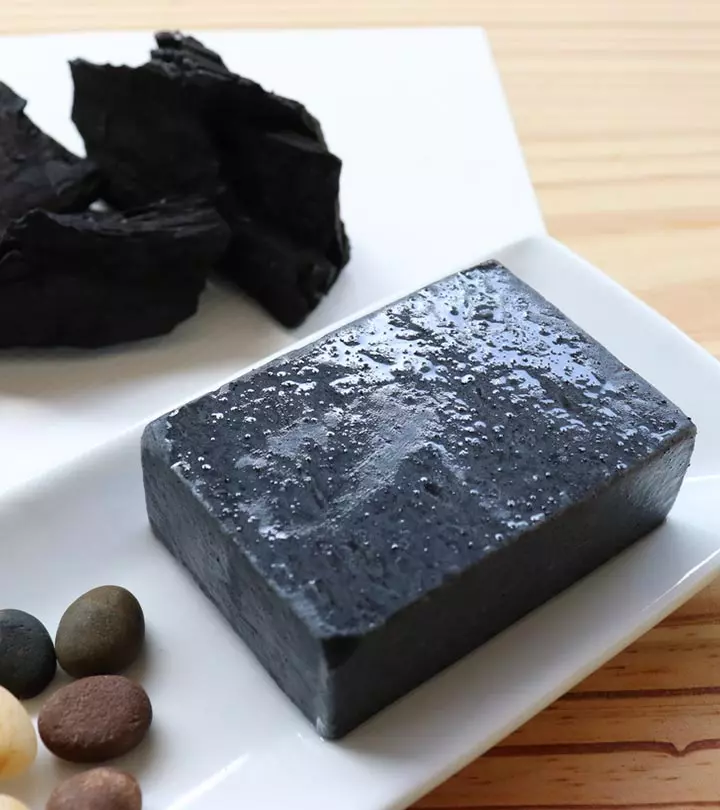
Image: iStock
In recent years, charcoal soap has made quite a stir in the world of skin care, and with good reason. It is made of activated charcoal, a natural component known for its capacity to absorb toxins, pollutants, and foul odors. Activated charcoal benefits the skin in many ways.
Including activated charcoal in cosmetic, body, and skin care products is an excellent way to absorb and draw out oils and debris trapped in your pores.
Charcoal soap is considered to be a natural remedy for treating skin issues. In combination with other skin-healing substances, it may work wonders on your skin. This article will discuss the benefits of charcoal soap for the skin, how to use it, and more. Keep reading.
In This Article
What Is Charcoal Soap? How Does It Work?
Charcoal soap is made from activated carbon. Activated carbon has recently gained much attention in the health and beauty industries. It is made from natural carbon sources like peat, ordinary coal, wood, or coconut husk.
Charcoal soap binds grime and dirt on the skin and can absorb contaminants a thousand times heavier than its weight. A pinch of activated charcoal can leave your skin incredibly clean at half the effort.
You may come across activated charcoal as an ingredient in certain products. So, what exactly is it?
Key Takeaways
- Charcoal soap, made from activated charcoal, cleanses the skin thoroughly, removing dirt or grime.
- This soap suits oily skin, contains skin-enriching ingredients, may aid psoriasis, and reduce acne.
- It may prevent premature aging, reduce pore size, and deep cleanse and exfoliate the skin.
- However, this soap can cause skin irritation, swelling, and eye infections.
Activated Vs. Regular Charcoal
Activated charcoal, also known as activated carbon, is an odorless, fine black powder. It is made by heating charcoal at high temperatures and activating it with oxidizing gas or another chemical. This procedure increases the surface area of the charcoal and creates pores that can absorb pollutants. Nutshells, wood, peat, paper mill waste, and fruit pits are used to generate activated charcoal.
Activated charcoal can adhere to and absorb impurities from your pores. However, in practice, this may not be the case. According to a study, activated charcoal takes a few hours to perform its wonders after coming in touch with a substance (1).
While there is no danger in experimenting with activated charcoal in cosmetic products, there is little evidence to support its skin care advantages (2).
Activated charcoal and regular charcoal appear similar, but some important distinctions exist. Activated charcoal is more porous, has a bigger surface area, and is purer than regular charcoal.
The porous nature and large surface area of activated charcoal help absorb toxins and other pollutants effectively. While regular charcoal is also an absorbent, it is not as effective as activated charcoal.
 Fun Fact
Fun FactCharcoal soap provides numerous benefits to the skin. Continue reading to know them.
Benefits Of Charcoal Soap For Skin
It is safe to use activated charcoal soap on your face and body. It is found in many cosmetic and pharmaceutical products. While it hasn’t been scientifically verified, it is recognized as a fantastic organic product to use on oily skin. It absorbs toxins and removes the most stubborn grime and dirt.
Charcoal soaps make your skin smooth and free of undesirable oils. However, activated charcoal soaps are not merely made of charcoal. They contain olive oil, coconut oil, and other essential oils. These oils leave a subtle aroma on your skin and increase skin health.
Audrey Victoria, a YouTuber, used a charcoal-based face soap for one week. In her vlog, she gave daily updates on her experience and skin condition, mentioning several positive observations during her one-week trial. She highlighted that her skin appeared smoother, and she experienced a significant reduction in acne and pimples. She also mentioned that the soap did not irritate her sensitive skin, which she found impressive, and said, “I’m just in shock, my skin feels amazing…. It’s definitely from that soap; my skin looks so good today (i).”
Charcoal soap works on all skin types. It provides numerous benefits to the skin.
1. May Help Treat Oily Skin
Excess production of sebum in the body causes skin to turn oily. While sebum usually benefits the skin, its excess production can clog the pores. The porous feature of activated charcoal effectively absorbs this excess oil and leaves your skin fresh.
2. May Help Reduce Acne
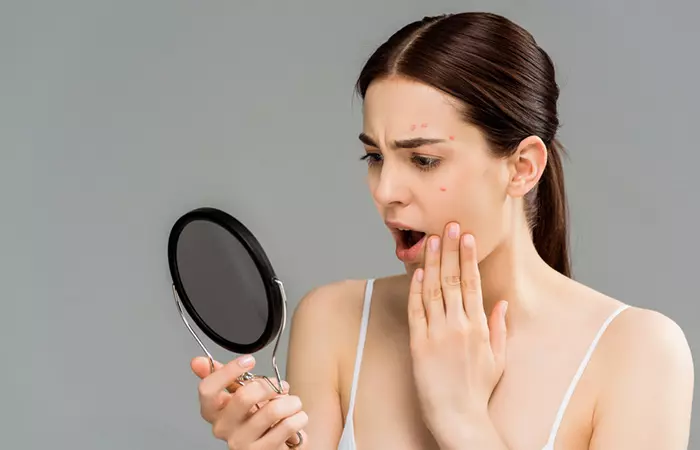
Activated charcoal soap is well-known for its effectiveness in treating acne. It helps remove toxins and skin pollutants and aids in acne treatment. It even removes acne scars from the face.
3. May Aid Psoriasis Treatment
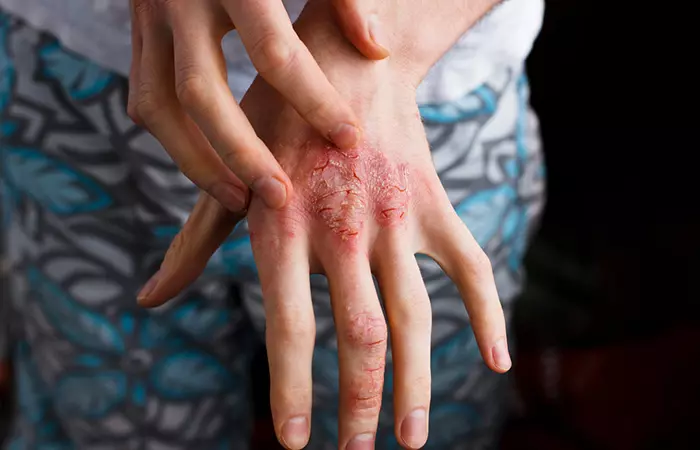
Charcoal soap may alleviate psoriasis symptoms. Activated charcoal soap helps with skin detoxification. It is an exfoliator that removes toxins and bacteria from the skin. According to anecdotal evidence, these properties may also prove beneficial in using charcoal soap for treating eczema, dermatitis, and other skin conditions. However, always check with your doctor before using charcoal soap for psoriasis treatment.
4. May Help Reduce Pore Size
Dirt settles in your skin pores when you spend a lot of time in pollution. As a result, pores appear large and visible on the face. Charcoal removes debris and treats clogged pores by shrinking them.
5. May Help Preventing Premature Aging
Charcoal soap may prevent premature aging. This anti-aging soap may help reduce wrinkles and rejuvenate the face.
6. May Suit Every Skin Type
Charcoal soap is compatible with all skin types. It can remove excess oil from oily skin while nourishing it. It also provides moisturizing benefits for dry skin, and is suitable for people with sensitive skin. In addition, it efficiently addresses skin allergies as well as facial redness.
7. Is A Natural Exfoliator
Exfoliating with charcoal soap may help get rid of excess skin. Its texture offers mild and natural exfoliation. Charcoal soap also boosts skin shine by eliminating dead skin cells. In addition, your skin may stay youthful and elastic for a longer time. Some people use charcoal for dandruff treatment due to its exfoliating properties. It can also absorb excess oil from the scalp and potentially detoxify it. However, there is no scientific evidence to support the anti-dandruff effects of charcoal soap, and it is best to consult a trichologist for proper treatment.
8. May Deep Cleanse Your Skin

It is good to give your skin a deep cleansing once or twice a week. Charcoal soap removes excess oil, grime, and other pollutants and keeps your skin clear and oil-free. Other cleansers remove the filth and oil alone off the skin’s surface. In contrast, charcoal soap penetrates deeply and removes even deep-seated skin pollutants. Using this soap daily will help reduce pore buildup.
9. May Treat Wrinkles
Anecdotal evidence suggests that activated charcoal may offer anti-aging benefits. Some people claim that using charcoal soap can help reduce the appearance of wrinkles and fine lines, resulting in even-textured and youthful skin. However, the anti-aging effects of charcoal are not scientifically proven.
 Quick Tip
Quick TipThese are a few charcoal soap benefits. Follow the instructions mentioned in the following section to get the maximum benefits out of charcoal soap.
How To Use Charcoal Soap For Better Results?
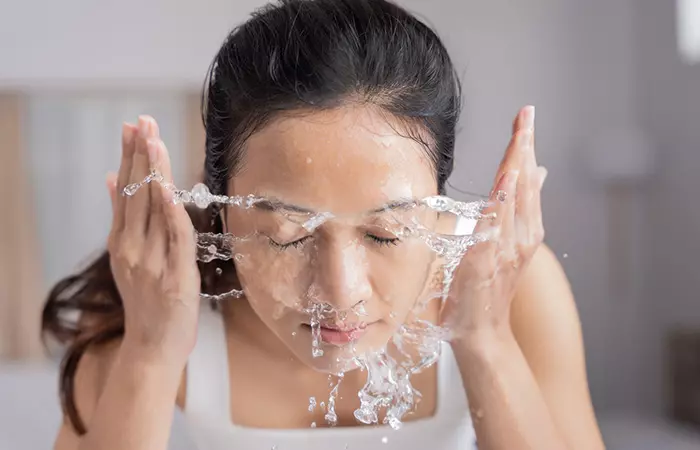
- Wash your face with warm water to loosen the dirt and oil.
- Lather charcoal soap with your hands and apply it to your face, avoiding your eyes and mouth.
- Clean your skin with gentle circular motions, focusing on the T-zone and acne-prone regions.
- Scrub your face gently for 30 to 60 seconds if you have dry skin.
- If you have oily, acne-prone skin, massage your face for 1 to 2 minutes.
- To seal your pores, rinse your face with warm water followed by a splash of cold water.
- Gently pat your skin dry using a clean towel.
- Apply a pore-minimizing toner and a water-based moisturizer to complete the look.
For best results, use charcoal soap 2-3 times a week, adjusting based on your skin’s needs. If you have oily or acne-prone skin, you might use it more often. However, if you have sensitive or dry skin, limit using it to once or twice a week to prevent irritation.
The purported benefits of activated charcoal for skin are not scientifically-verified. Hence, one also must be wary of its potential negative effects.
Potential Allergies And Side Effects
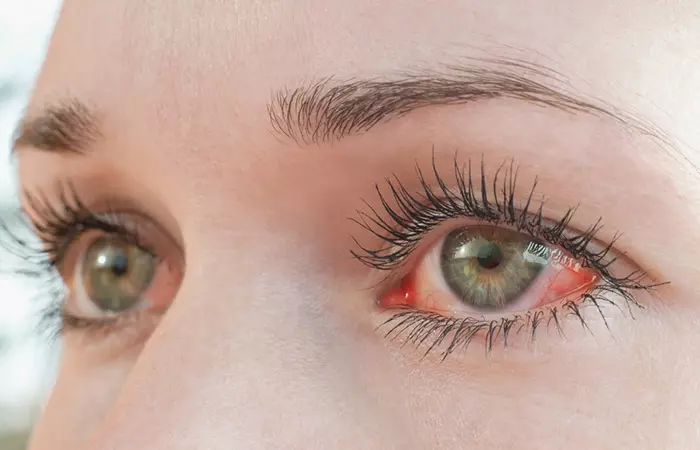
Activated charcoal is a potent cleanser, and may cause skin irritation in some people.
- May result in rough skin exfoliation if the charcoal powder is not fine.
- All brands may not give the expected results.
- May cause an eye infection if it gets into the eye.
- May cause rashes, swelling, and itching.
Note:
Since everyone’s skin sensitivity varies, it’s wise to patch-test any new product to avoid potential irritation.
Infographic: Important Benefits Of Charcoal Soaps
Activated charcoal has many benefits for the skin, as discussed in the article. It helps in absorbing excess oil, dirt, and grime and acts as a natural remedy for various skin issues. Check out the infographic below to know about some of the most important benefits of charcoal soaps.

Illustration: StyleCraze Design Team
Illustration: Charcoal Soap For Skin: Benefits Uses And Side Effects
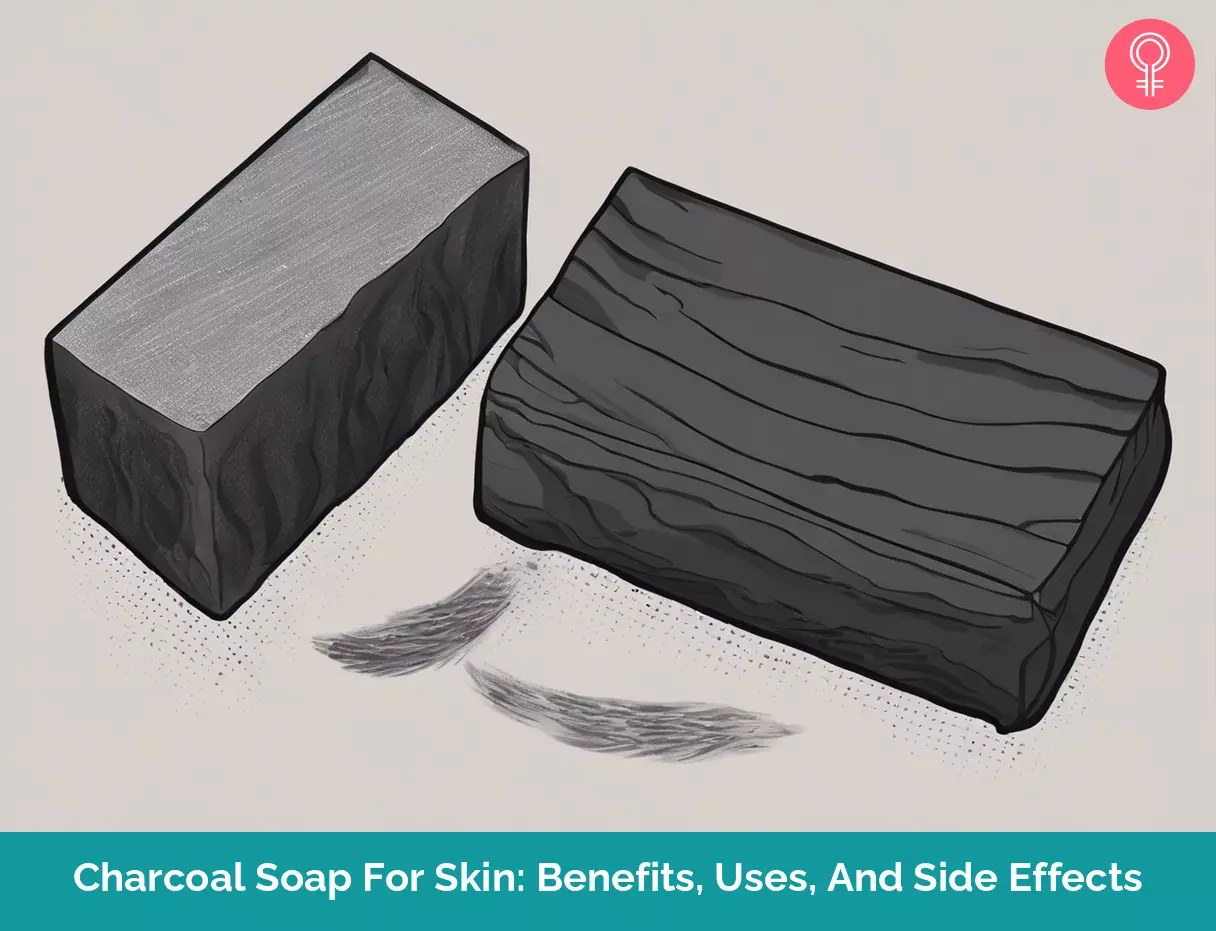
Image: Stable Diffusion/StyleCraze Design Team
To Conclude
Charcoal soap provides numerous benefits to your skin. It can significantly improve your skin care routine and shift your everyday skin care approach. Charcoal absorbs toxins and removes the most stubborn grime and dirt. It keeps your skin smooth and fresh. Activated charcoal and charcoal soaps are both readily available and reasonably priced. Most of the benefits of charcoal soap are backed only by anecdotal evidence, and warrant further research. Although charcoal soaps are safe, be wary of its potential adverse effects. Consult a doctor before using them.
Frequently Asked Questions
Can charcoal soap remove tan?
Yes, it may help remove tan because of its exfoliating properties. Dr. Archit Agarwal, a dermatologist, MD, says, “By removing dead skin cells, it reveals a fresher, brighter complexion. However, the effectiveness of tan removal depends on its intensity. Deeper tans may require alternative treatments or naturally fade over time.”
Is charcoal soap good for daily use?
No, it is not ideal for daily use. Dr. Agarwal says, “It can be drying for sensitive or dry skin. It is best to test it on a small area first and monitor your skin’s reaction before incorporating it into your daily routine.”
Can charcoal soap remove dark spots?
Since charcoal soap contains activated carbon, it may remove dark dead skin cells and reduce pigmentation.
Which is the best: charcoal soap or face wash?
Both charcoal soap and face wash have skin-cleansing properties. Therefore, depending on your requirements, preferences, and skin types, you may opt for either of them.
How often should I use charcoal soap?
You can use charcoal face wash and bar soap two to three times weekly.
Can charcoal glow the skin?
Activated charcoal may provide your skin with a healthy glow by removing dead skin cells and absorbing extra oil.
Is charcoal good for whitening?
Yes, you can try DIY charcoal face masks. Charcoal acts as an excellent exfoliator that thoroughly cleans the skin pores by removing excess oil and sebum. Your skin will feel relieved, bright, and clear after this mask reduces the size of open pores.
Does charcoal soften the skin?
Activated charcoal successfully removes dead skin cells and deeper impurities to unclog pores, which results in supple, even-toned, and smooth skin.
Watch this video and learn how to make your own activated charcoal soap at home. This natural recipe is easy and fun to make and will leave your skin clearer and softer.
Personal Experience: Source
StyleCraze's articles are interwoven with authentic personal narratives that provide depth and resonance to our content. Below are the sources of the personal accounts referenced in this article.
i. I Used Charcoal Black Soap On My Skin Everyday For One Weekhttps://www.youtube.com/watch?v=UrETJcEQwZM
References
Articles on StyleCraze are backed by verified information from peer-reviewed and academic research papers, reputed organizations, research institutions, and medical associations to ensure accuracy and relevance. Read our editorial policy to learn more.
- Treatment of oil–water emulsions by adsorption onto activated carbon bentonite and deposited carbon
https://www.sciencedirect.com/science/article/pii/S1110062111000031 - Charcoal: An ancient material with a new face
https://www.sciencedirect.com/science/article/abs/pii/S0738081X19301361?via%3Dihub
Read full bio of Dr. CP Thajudheen
- Dr. Archit Agarwal, MD, is a dermatologist with nine years of experience. He specializes in treating individuals with complex skin conditions and has authored several papers that have been published in high-impact medical journals. Dr. Agarwal earned his medical degree from the Hassan Institute of Medical Sciences, Rajiv Gandhi University of Health Sciences, Karnataka, and a Fellowship in Aesthetic Medicine from the University of Greifswald in Germany.
 Dr. Archit Agarwal, MD, is a dermatologist with nine years of experience. He specializes in treating individuals with complex skin conditions and has authored several papers that have been published in high-impact medical journals. Dr. Agarwal earned his medical degree from the Hassan Institute of Medical Sciences, Rajiv Gandhi University of Health Sciences, Karnataka, and a Fellowship in Aesthetic Medicine from the University of Greifswald in Germany.
Dr. Archit Agarwal, MD, is a dermatologist with nine years of experience. He specializes in treating individuals with complex skin conditions and has authored several papers that have been published in high-impact medical journals. Dr. Agarwal earned his medical degree from the Hassan Institute of Medical Sciences, Rajiv Gandhi University of Health Sciences, Karnataka, and a Fellowship in Aesthetic Medicine from the University of Greifswald in Germany.
Read full bio of Monomita Chakraborty
Read full bio of Anjali Sayee
Read full bio of Swathi E







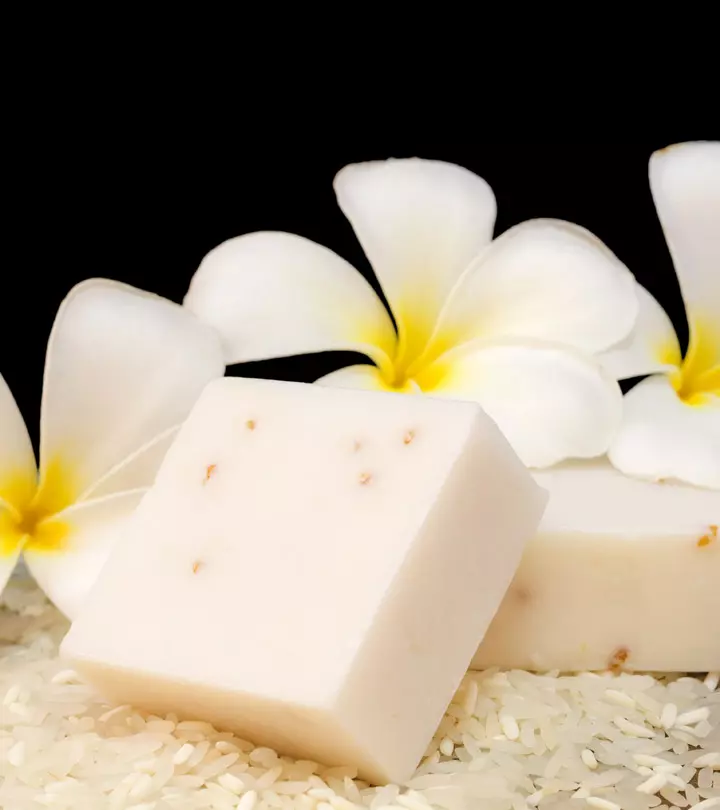
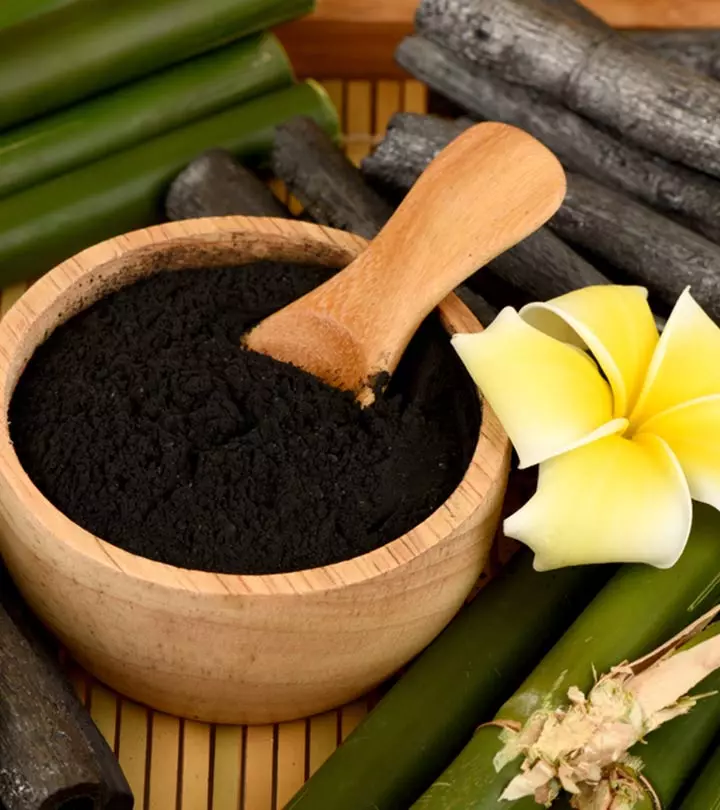
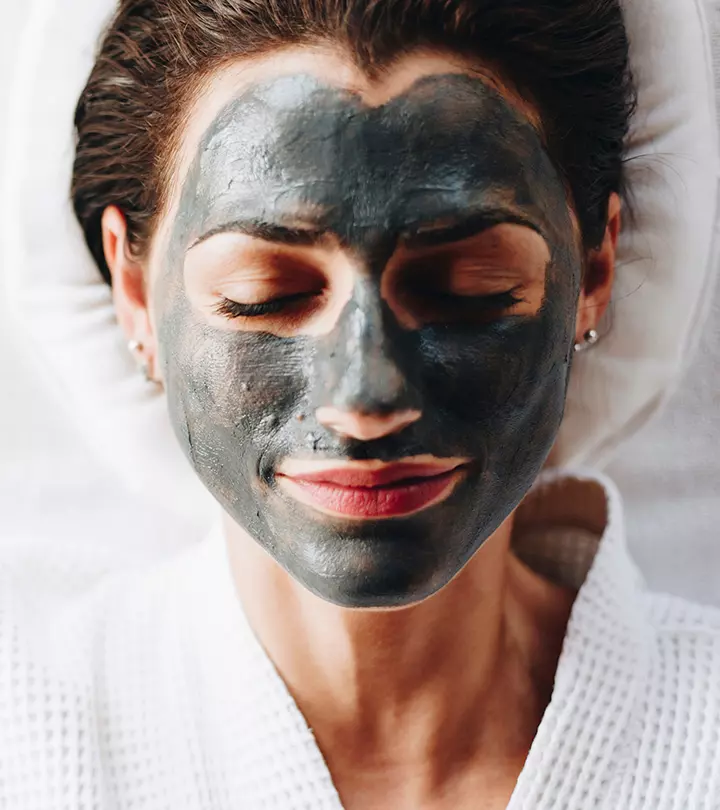
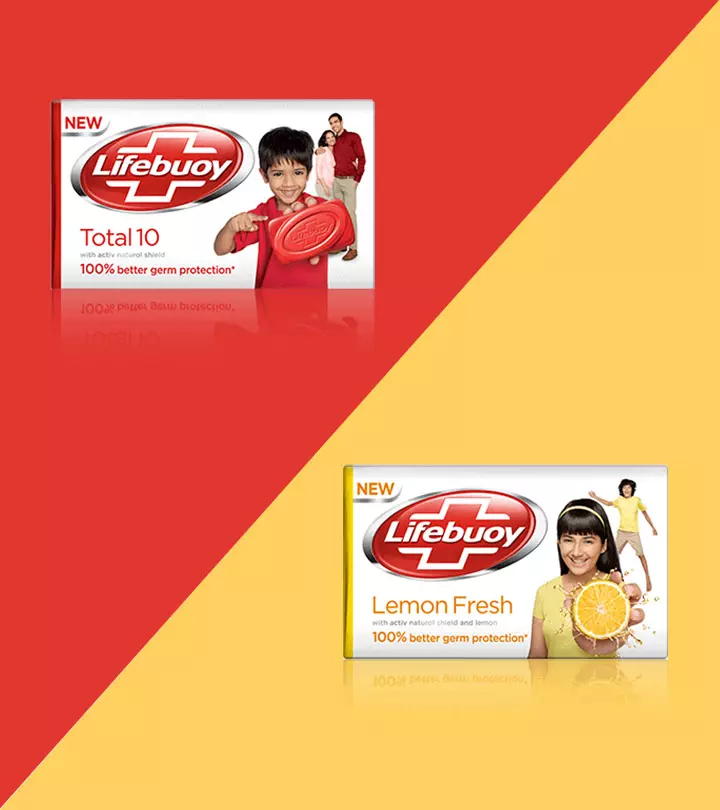
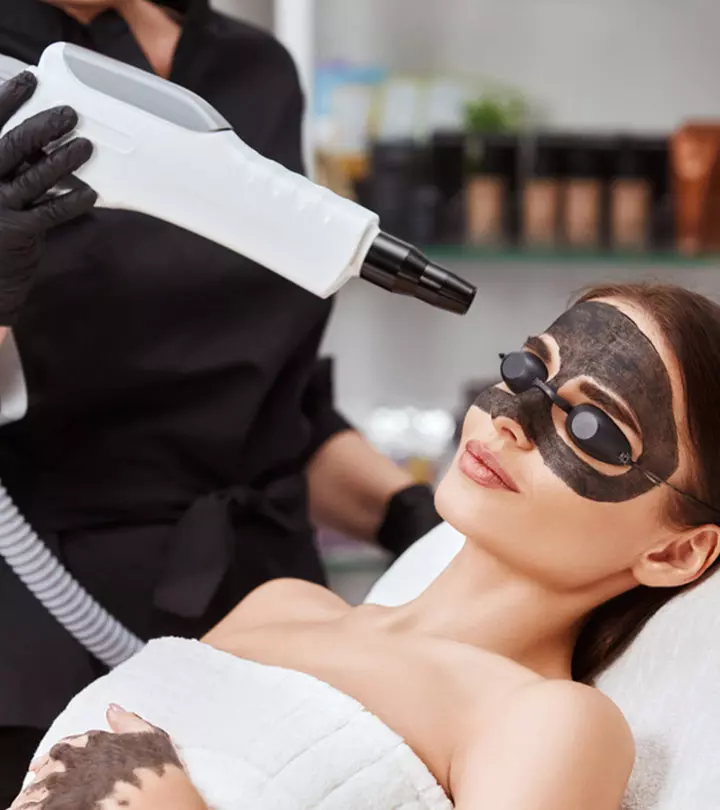
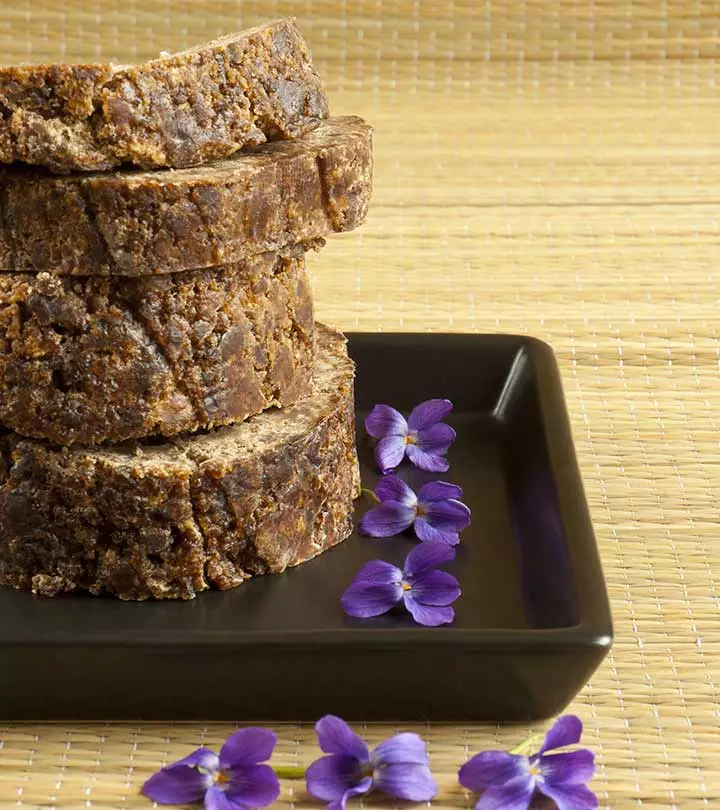
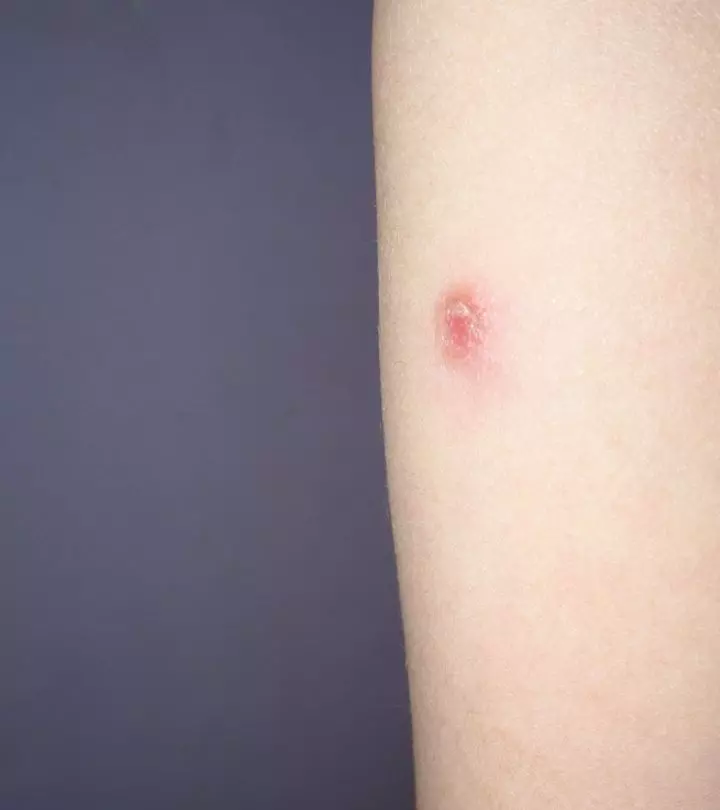
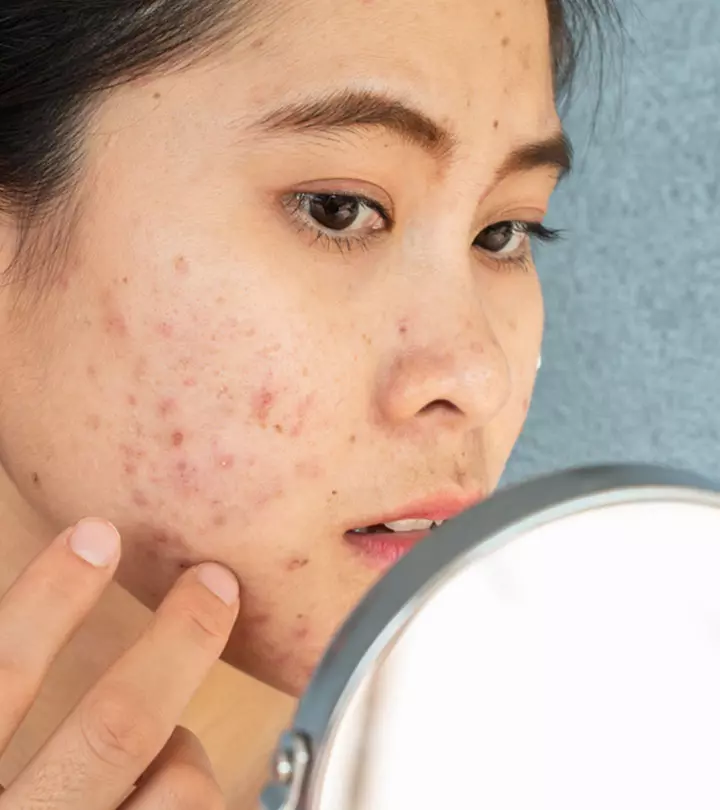
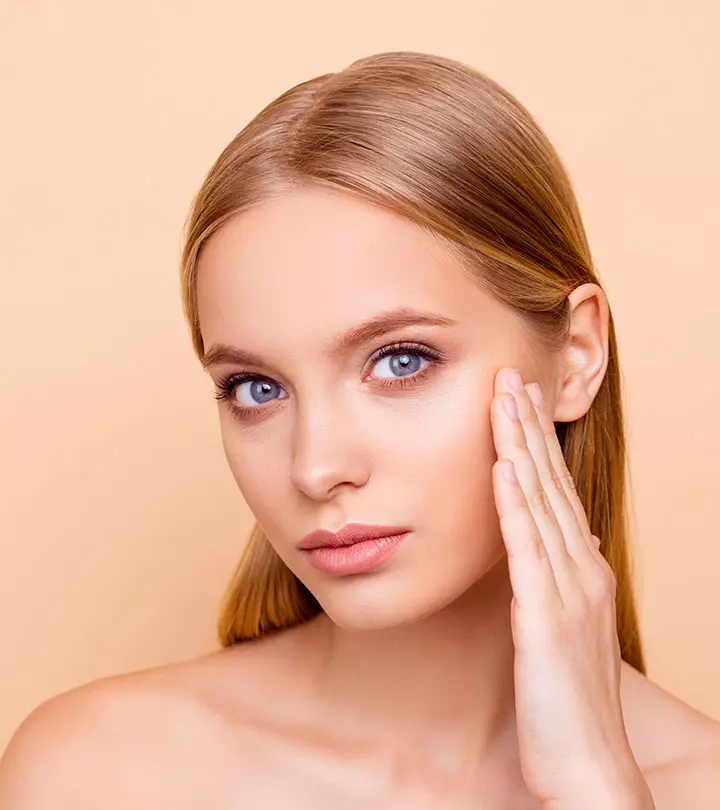
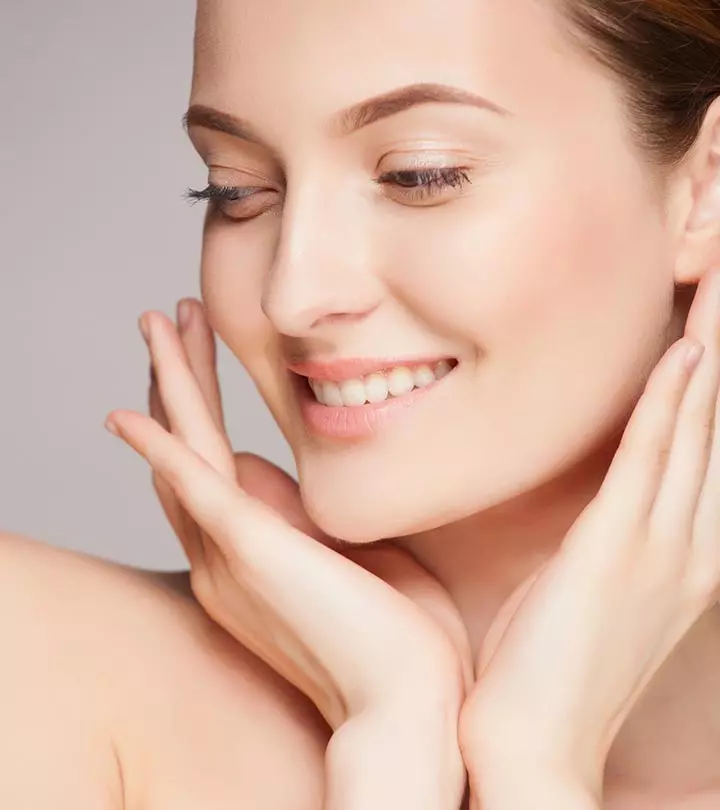
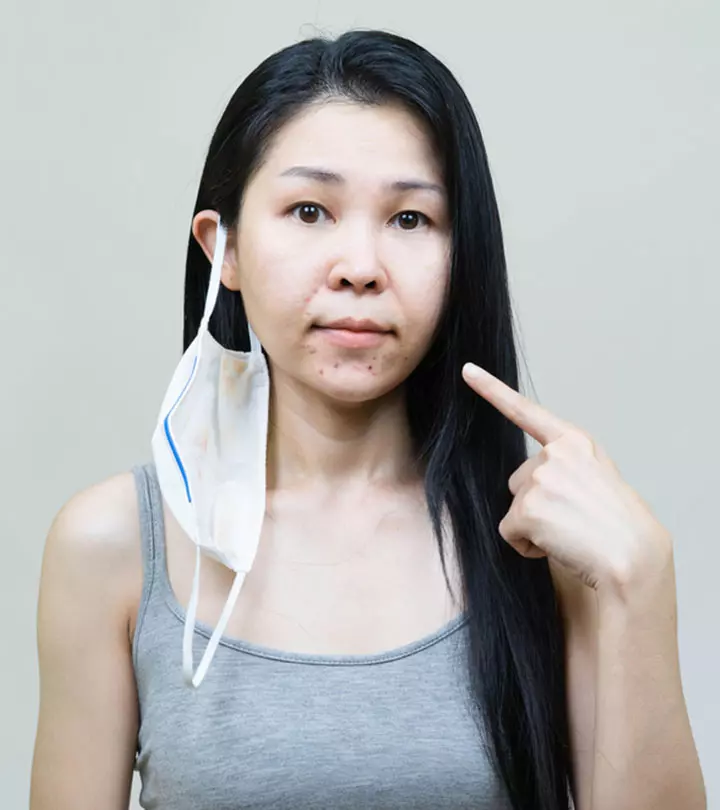
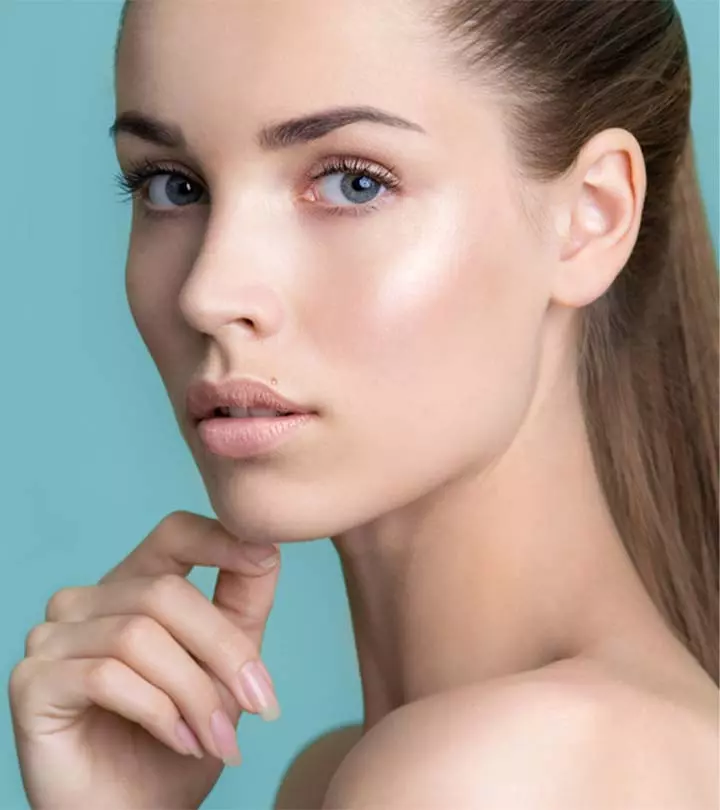
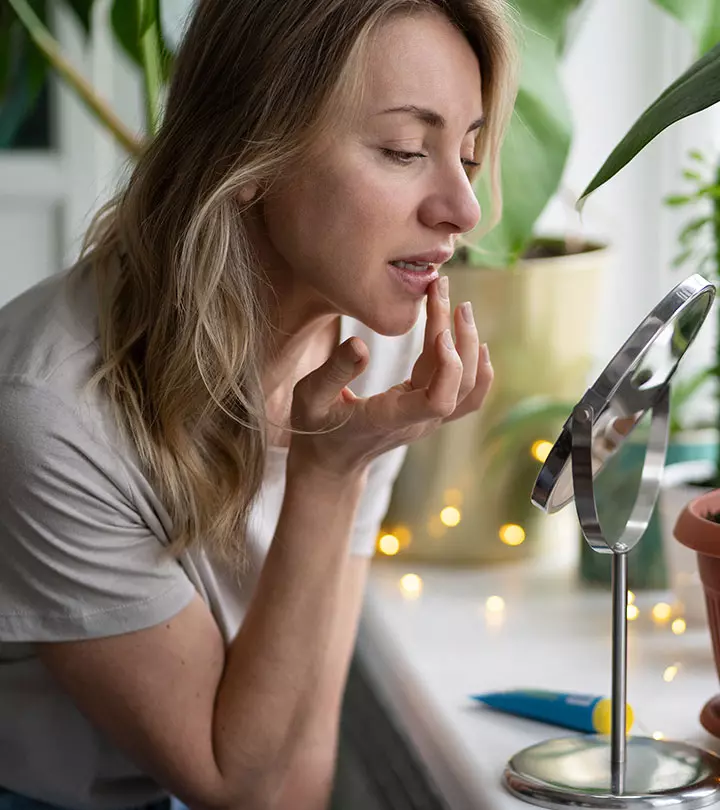

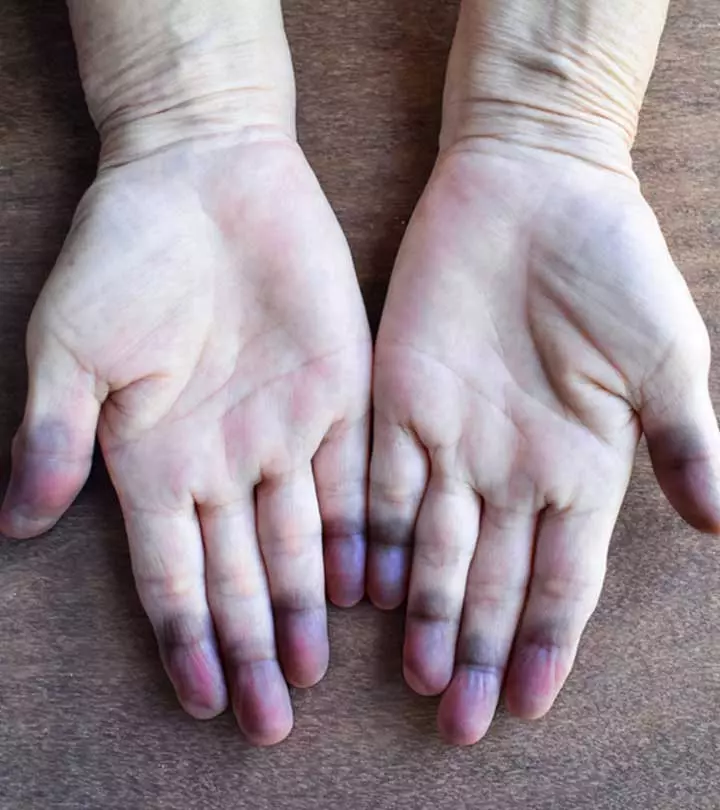

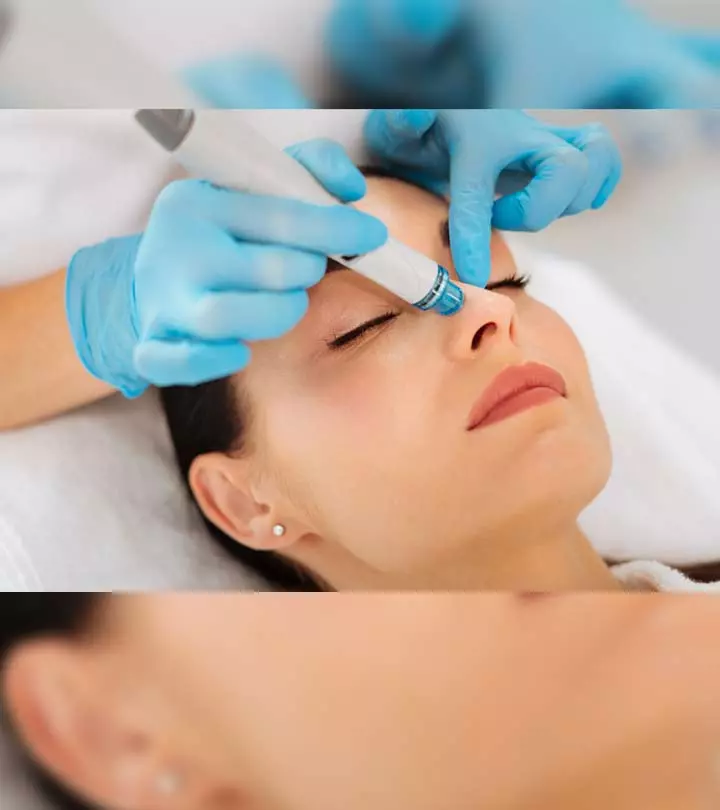
Community Experiences
Join the conversation and become a part of our empowering community! Share your stories, experiences, and insights to connect with other beauty, lifestyle, and health enthusiasts.